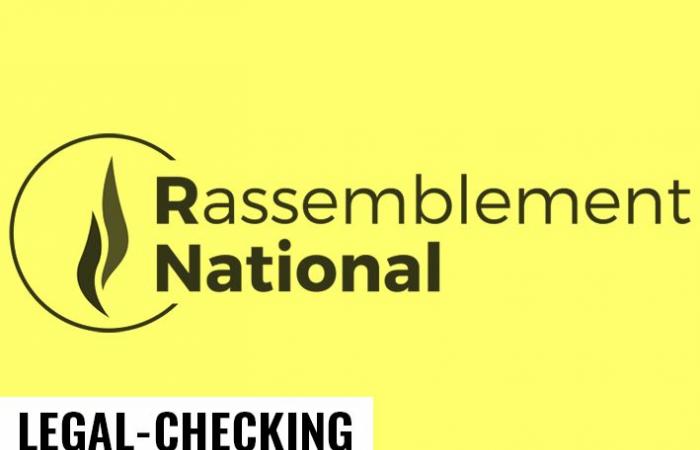
Among the National Rally’s key economic measures for the legislative elections is the reduction of VAT on energy. On Monday, June 24, during the presentation of his program, Jordan Bardella reiterated his promise to reduce VAT from 20% to 5.5% on electricity, gas, fuel oil and fuels, based on a draft amending finance bill. This is only possible for electricity and gas, but not for other energies, under European law.
Possible reduction of VAT on gas and electricity
Applying reduced VAT on gas and electricity is possible thanks to the 2006 directive on the common system of value added tax which establishes a restrictive list of exceptions to the normal VAT rate, including gas and electricity. electricity. This directive authorizes Member States of the European Union to apply reduced VAT rates on certain goods and services deemed essential.
According to the European VAT Directive, each Member State can decide to apply a reduced rate of at least 5% to supplies of natural gas, electricity and district heating. There is therefore no obstacle to the proposed reform concerning electricity.
Reducing VAT on fuel and heating oil: a complex process
According to the European VAT Directive, the reduction of VAT on fuel and heating oil is not possible because they are not on the restrictive list of permanent exceptions to the normal VAT rate. According to the latter, only certain specific exceptions are allowed, and any exemption must be temporary, as was the case in Poland in 2021 for fuel.
To get around this constraint, member states must renegotiate the list of exceptions, a complex process that requires unanimity within the Council of the European Union, a consensus that is difficult to obtain.
A decision that would have significant consequences
If the National Rally decides to immediately implement the required measures without proceeding with the renegotiation of the list, it risks being condemned by the Court of Justice of the European Union (CJEU). This conviction would result in a fine for non-compliance with European obligations. The CJEU has the power to sanction member states that fail to comply with EU directives and regulations, and such a fine could have significant financial repercussions for France.
In addition, the reduction of VAT on energy would have a considerable cost for public finances, estimated at 17 billion euros per year according to the Ministry of Economy and Finance. This reduction in tax revenues could compromise the financing of public services and social programs. To compensate for this loss, it would be necessary to either increase other taxes or reduce public spending, which could harm the economy and the quality of life of citizens. In addition, this reduction could increase the budget deficit, making it more difficult for the State to manage its finances and limiting its ability to invest in infrastructure and sustainable development projects.
An error in this content? Do you want to submit information to be verified? Let us know using our online form. Find our policy for correcting and submitting information on the Our method page.





